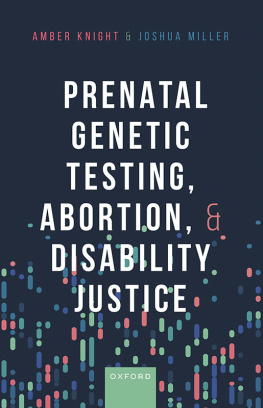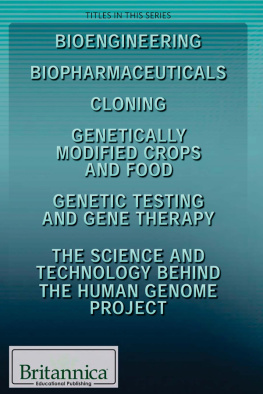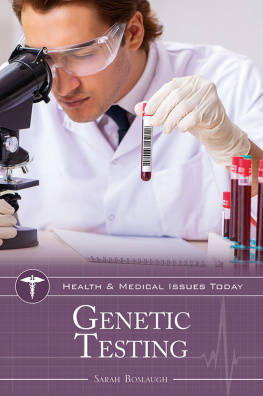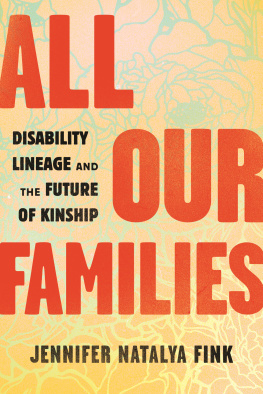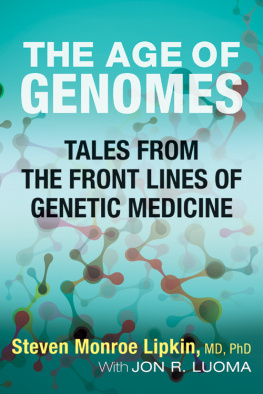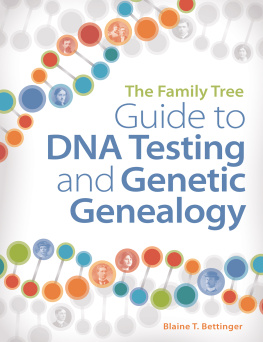

Great Clarendon Street, Oxford, Ox2 6DP,
United Kingdom
Oxford University Press is a department of the University of Oxford. It furthers the Universitys objective of excellence in research, scholarship, and education by publishing worldwide. Oxford is a registered trade mark of Oxford University Press in the UK and in certain other countries
Amber Knight and Joshua Miller 2023
The moral rights of the authors have been asserted
All rights reserved. No part of this publication may be reproduced, stored in a retrieval system, or transmitted, in any form or by any means, without the prior permission in writing of Oxford University Press, or as expressly permitted by law, by licence or under terms agreed with the appropriate reprographics rights organization. Enquiries concerning reproduction outside the scope of the above should be sent to the Rights Department, Oxford University Press, at the address above
You must not circulate this work in any other form
and you must impose this same condition on any acquirer
Published in the United States of America by Oxford University Press
198 Madison Avenue, New York, NY 10016, United States of America
British Library Cataloguing in Publication Data
Data available
Library of Congress Control Number: 2022949314
ISBN 9780192870957
DOI: 10.1093/oso/9780192870957.001.0001
Printed and bound in the UK by
Clays Ltd, Elcograf S.p.A.
Links to third party websites are provided by Oxford in good faith and for information only. Oxford disclaims any responsibility for the materials contained in any third party website referenced in this work.
In honor of our parents
Todd and Juliette Knight
and
Paula and Julian Miller
Acknowledgments
We have many people to thank for their support and feedback on this book. First and foremost, we owe a debt of gratitude to Michael Lienesch, a man who continues to mentor and advise us despite the fact that we finished graduate school many years ago. We intend to leave him in peace to enjoy his well-earned retirement now that the book is finished, but we make no promises. In addition, we are grateful to Daniel Engster and Nancy Hirschmann for providing input on early chapter drafts and helping to steer the project in the right direction from the start. Many individuals took the time and energy to provide detailed and insightful comments on the book as it took shape, including Jennifer Denbow, Claire McKinney, Maggie Quinlan, Monica Schneider, Jeff Spinner-Halev, Katie Turner, Penny Weiss, and Jason Windett. In addition, Mel Atkinson, Susan Bickford, Gordon Hull, and Jim Walsh commented on drafts of our book proposal and provided helpful advice about the publication process. We also thank the anonymous reviewers at Oxford University Press for their generous comments and constructive criticism. Sincere thanks are also due to our editors, Dominic Wyatt and Jade Dixon, for their much-needed guidance and encouragement. Finally, here at UNC Charlotte, we are grateful for the enduring support of our wonderful colleagues and students.
We were also fortunate enough to receive feedback on the book at several workshops, colloquia, and conferences. In 2019, the Theorizing the Politics of Disability Research Workshop (funded by the American Political Science Associations Edward Artinian Fund) gave us the opportunity to receive input on the project while it was still in its infancy. Likewise, participants in the Western Political Science Associations Critical Disability Studies virtual community have helped us to improve our arguments over time. This community of political theorists, who all share an interest in disability justice, is filled with some of the most supportive, kind, and brilliant scholars in academia, and we are truly grateful for their camaraderie. In addition, chapters benefited from feedback that we received at the University of Minnesota Political Theory Colloquium and The Ohio State University Political Theory Workshop. Comments and questions from discussants and audience members at conferencesincluding the Association for Political Theory, the American Political Science Association, the Western Political Science Association, and the Southern Political Science Associationalso improved the book along the way.
Finally, we would like to thank Cambridge University Press for giving us permission to use revised portions of a published article. Portions of an earlier version of Chapter appeared as Prenatal Genetic Screening, Epistemic Justice, and Reproductive Autonomy in Hypatia: A Journal of Feminist Philosophy, volume 36, issue 1, pp. 121.
A personalized note from Amber. This book makes the case that individuals, and their capacities and opportunities in life, flourish within relationships of support and care. Thus, it is only fitting that I acknowledge the various networks that have made my academic career and the completion of this book possible. I am grateful beyond measure to my immediate biological family and the various extended friendship families that I have joined all over the country, including friends and colleagues from Georgetown, Santa Cruz, Chapel Hill, Saint Louis, and Charlotte. In addition, I appreciate Josh and his willingness to share the book-writing journey with me. Moreover, I could not have written this book without my life partner, Jason Windett. His meal preparation, technological support, and feminist commitment to equal co-parenting made it possible for me to write a book during a global pandemic with limited access to childcare. Choosing him as my life partner was the best decision that I have ever made. Finally, I am indebted to Logan, my loving child, for his patience and understanding. I have no doubt that he will work to make the world a more inclusive, caring place for the next generation.
A personalized note from Josh. Much of this work demonstrates how our decisions are shaped by the options we see before us. In that spirit, I would like to thank my mentors at Stetson Universityespecially Gary Maris, John Pearson, Bill Nylen, and Gene Huskeyfor making a life in political theory seem like a viable option. I would also like to thank my students at UNC Charlotte for making that life richer by the day. Thanks to Amber for transforming the usually solitary work of scholarship into a collaborative practice of friendship. Most of all, thanks to Katie Turner, who has both deepened and expanded my thinking over thrown-together dinners, meandering dog walks, and twenty years worth of lunch dates. This book and I are better because of her.
Contents
Abbreviations
AAMC | Association of American Medical Colleges |
ABLE | Achieving Better Life Experience |
ACMG | American College of Medical Genetics and Genomics |
ACOG | American Congress of Obstetricians and Gynecologists |
ADLs | activities of daily living |
AFP | alpha-fetoprotein |
CAPS | Coalition for Access to Prenatal Screening |
CDC | Centers for Disease Control |
CLASS | Community Living Assistance Services and Supports |
CMS | Centers for Medicare and Medicaid Services |

